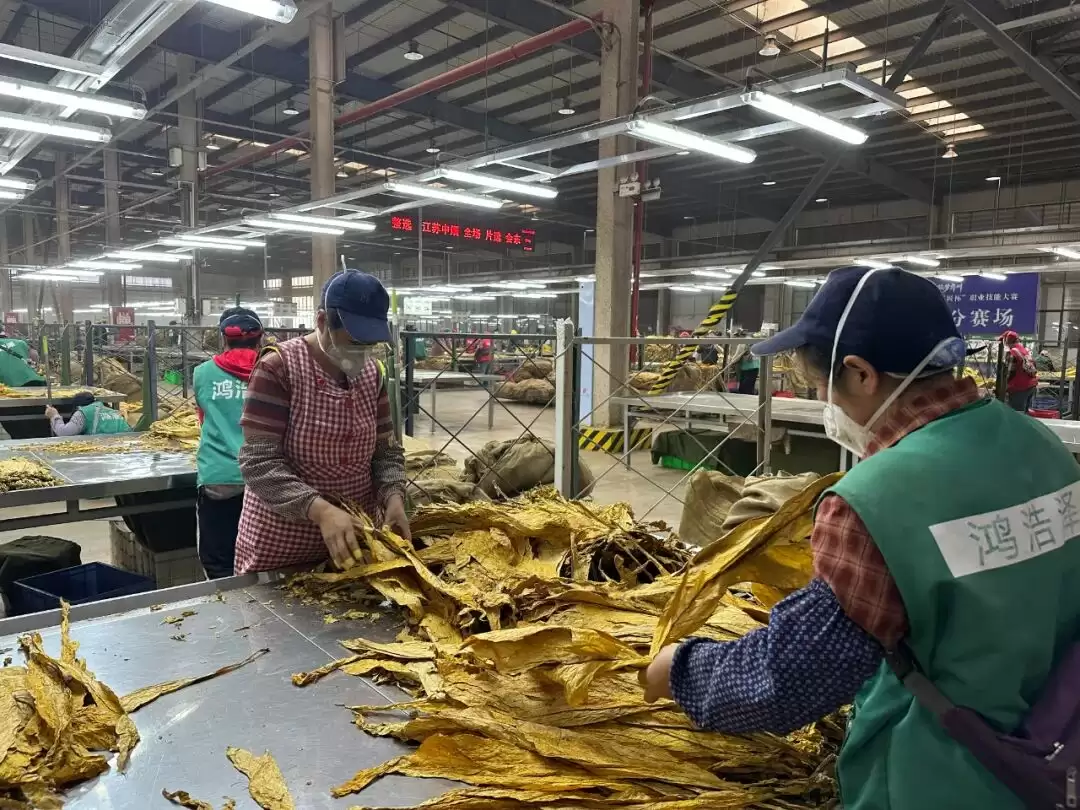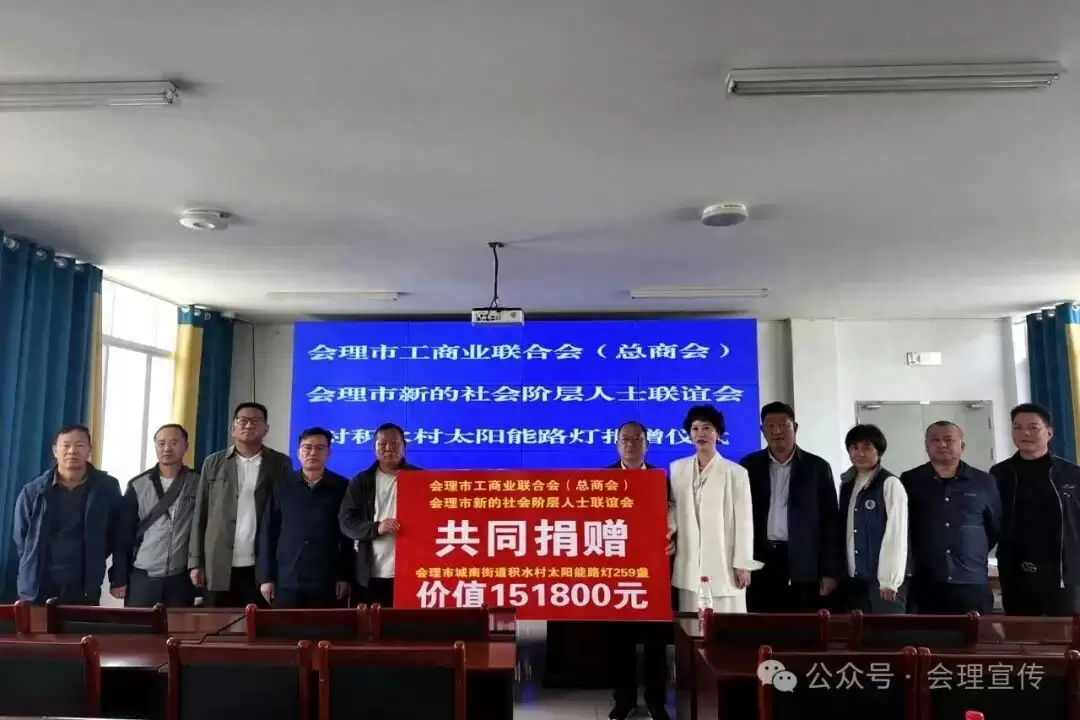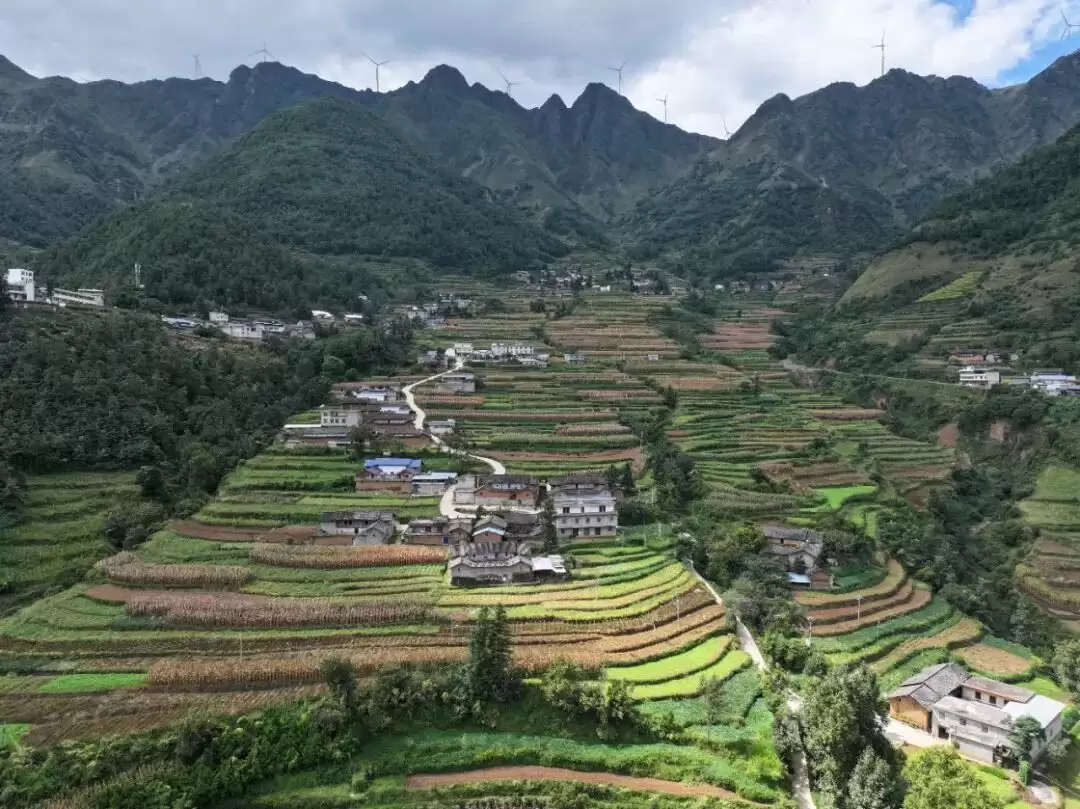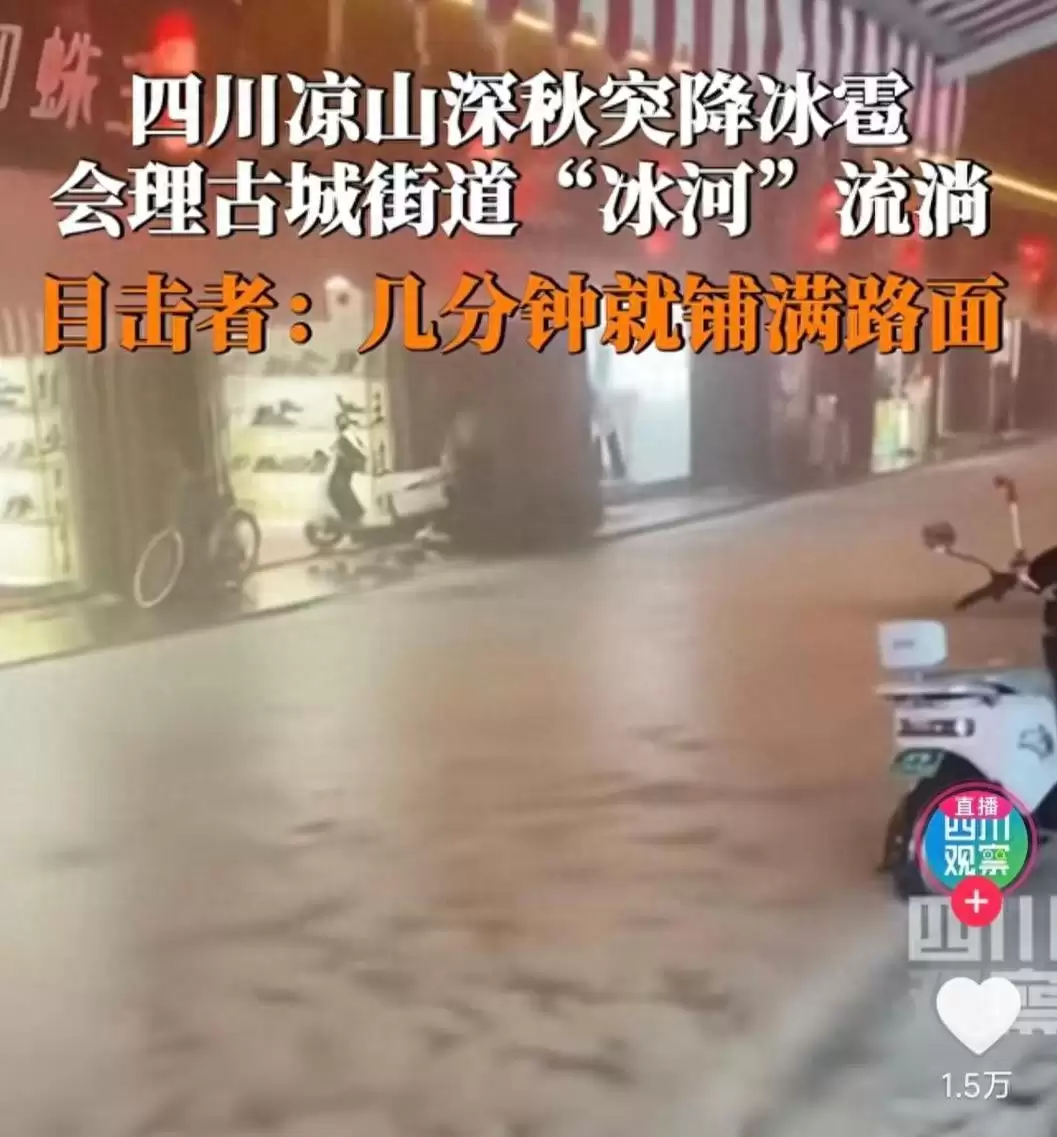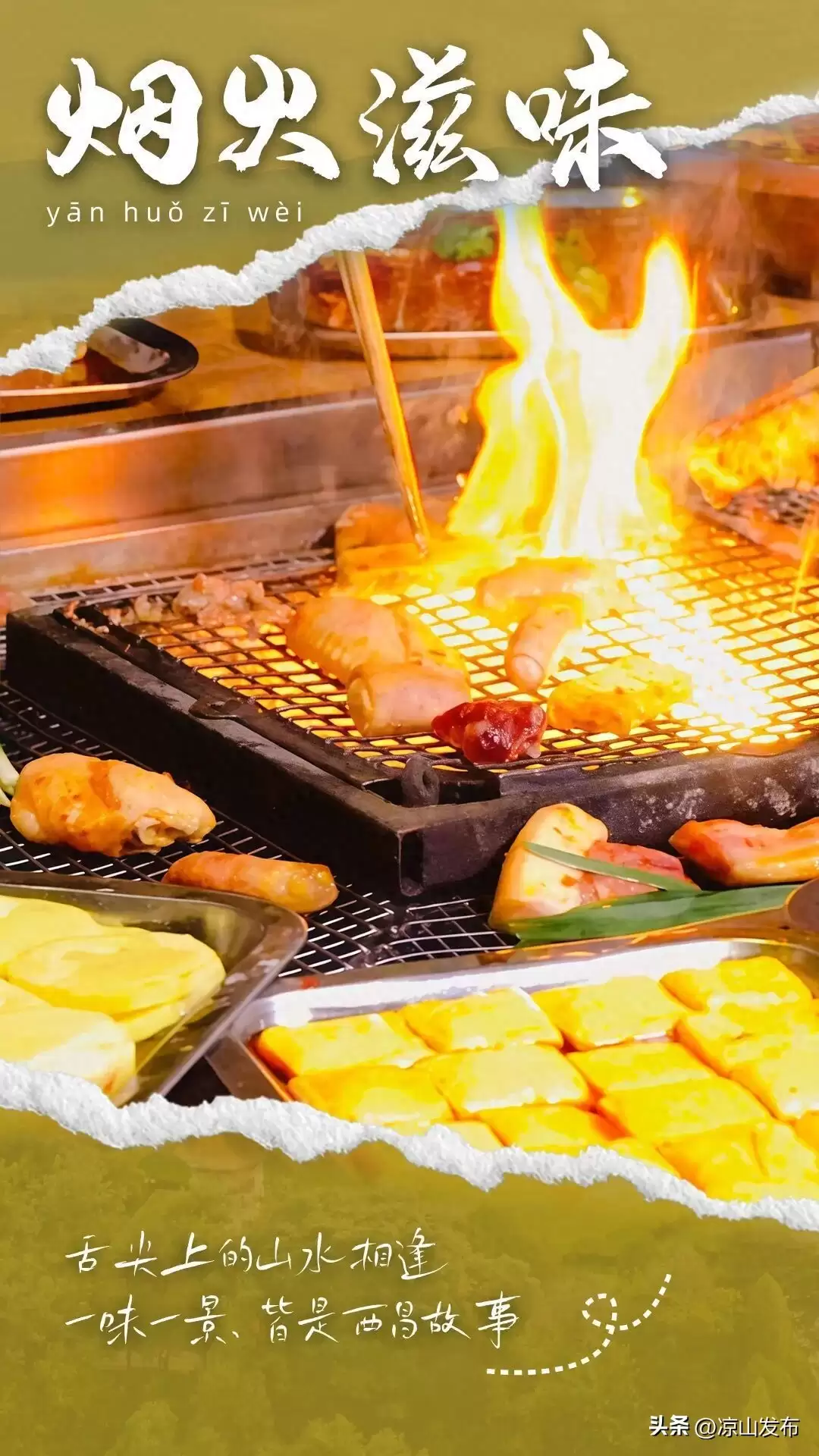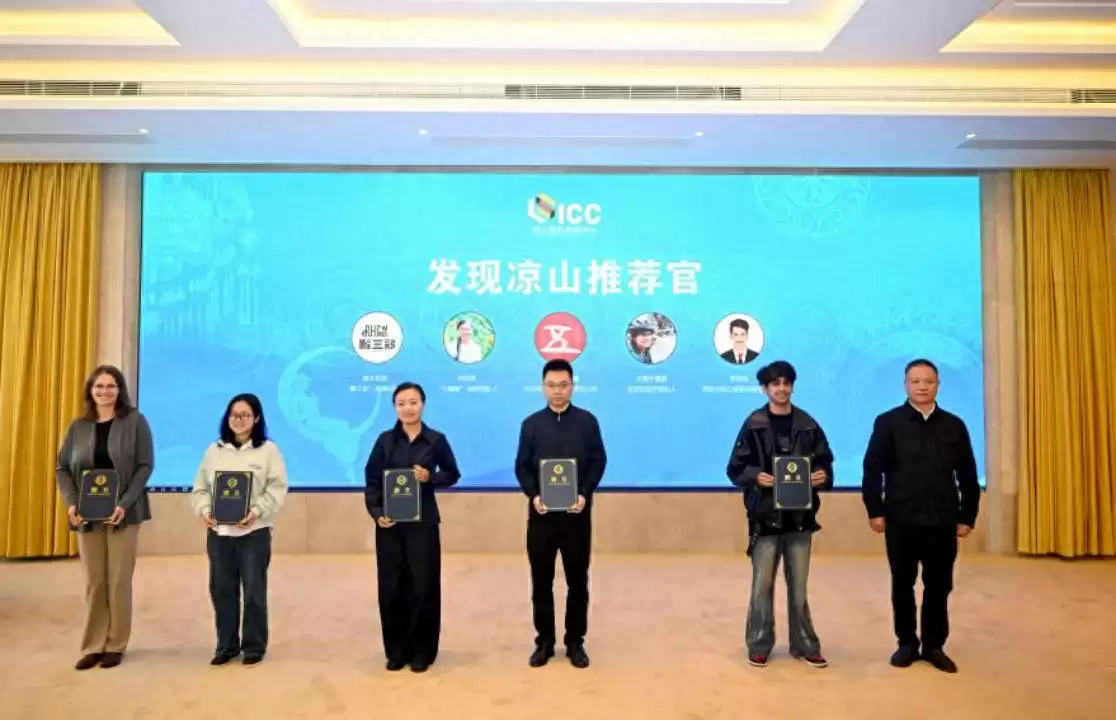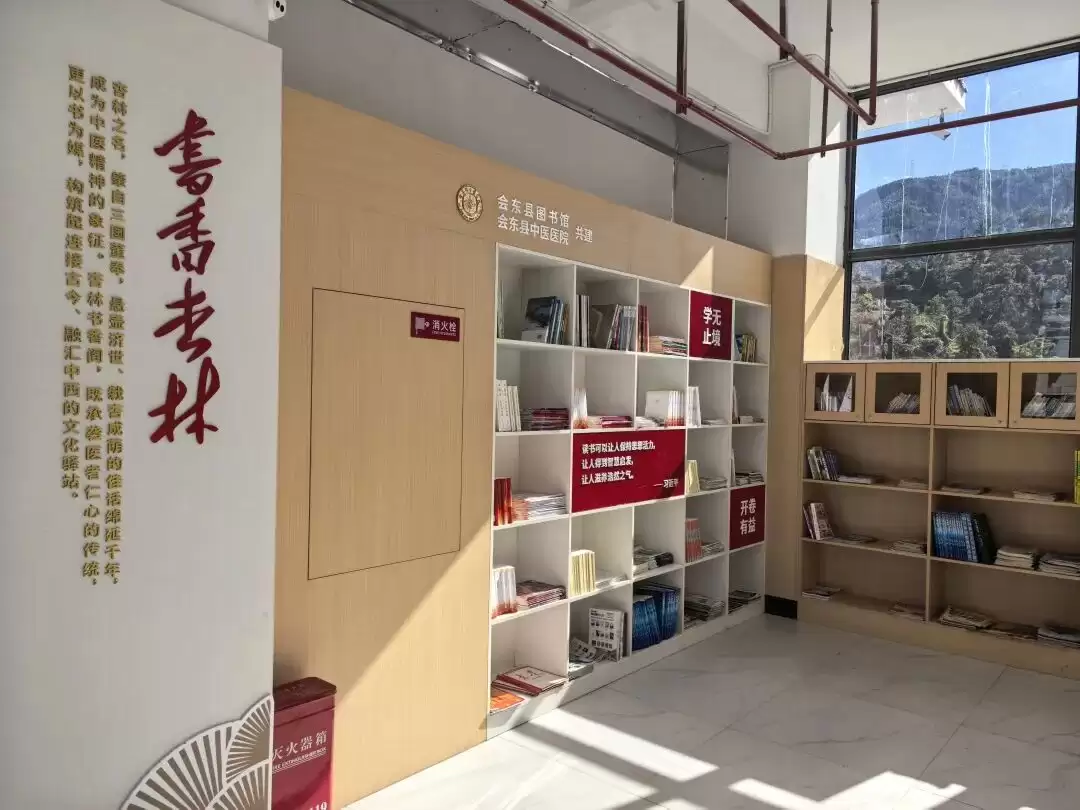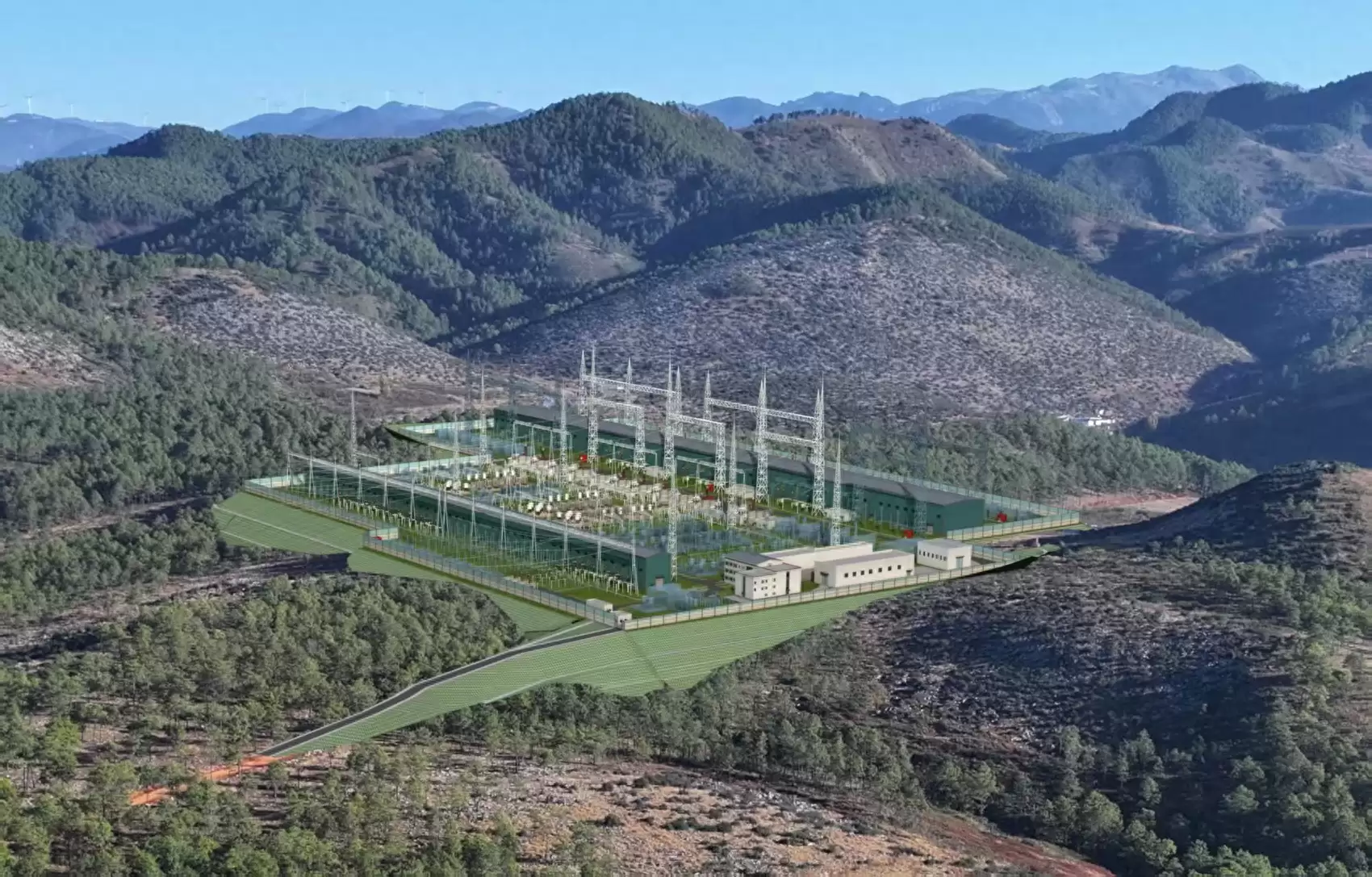Many travelers planning a trip to Sichuan Province often wonder how to say Muli County in English. The official English name for 木里县 is simply “Muli County, maintaining the phonetic translation from Chinese. This remote Tibetan autonomous county remains one of Sichuan’s best-kept secrets, offering breathtaking landscapes and unique cultural experiences.
Visitors frequently ask about accessibility to Muli County. Situated in the Liangshan Yi Autonomous Prefecture, the county requires careful travel planning. The nearest major airport is in Xichang, from where travelers can take a 6-7 hour bus ride through mountainous terrain. Road conditions have improved significantly in recent years, but the journey still requires patience and preparation for altitude changes.
A common concern among international tourists relates to accommodation options in Muli County. While luxury hotels are scarce, the area offers charming guesthouses and homestays that provide authentic cultural immersion. The county seat has seen development in tourism infrastructure, with several comfortable lodgings featuring basic amenities. For those venturing into rural areas, Tibetan-style family inns offer unique overnight experiences.
The best time to visit Muli County generates much discussion among travel enthusiasts. Spring (April-May) brings vibrant wildflowers across the alpine meadows, while autumn (September-October) offers crisp air and golden landscapes. Summer provides pleasant temperatures but coincides with the rainy season, potentially affecting mountain roads. Winter travelers will find snow-covered vistas but must prepare for cold conditions and possible transportation disruptions.
Cultural explorers often inquire about must-see attractions in Muli County. The Muli Tibetan Buddhist Monastery stands as the spiritual heart of the region, dating back centuries. The spectacular Yading Nature Reserve, shared with neighboring Daocheng County, features the sacred peaks of Chenrezig, Jampayang, and Chanadorje. The mysterious Lugu Lake straddles the border between Sichuan and Yunnan, offering breathtaking views and Mosuo cultural encounters.
Food-conscious travelers ask about dining options in Muli County. The local cuisine reflects Tibetan and Yi influences, with yak meat, highland barley, and wild mushrooms featuring prominently. Simple restaurants serve hearty noodle soups and tsampa (roasted barley flour), while more established eateries in the county seat offer Sichuan-style dishes adapted to local ingredients.
For those planning extended stays, questions arise about permit requirements for Muli County. While the county seat welcomes visitors freely, some surrounding areas may require special permits due to their sensitive border locations. Travelers should check current regulations with local authorities or through reputable tour operators before venturing beyond main tourist sites.
Muli County’s growing reputation as an off-the-beaten-path destination continues to attract adventurous spirits. With proper preparation and realistic expectations, visitors discover a land of stunning natural beauty and rich cultural heritage that remains refreshingly untouched by mass tourism. The journey to this remote corner of Sichuan rewards those willing to embrace its challenges with unforgettable experiences and panoramic vistas that few foreign travelers have witnessed.




